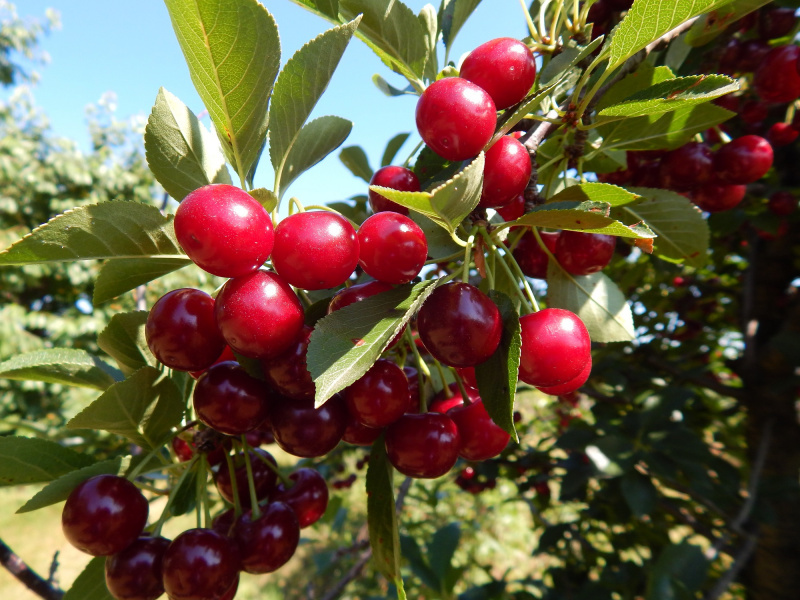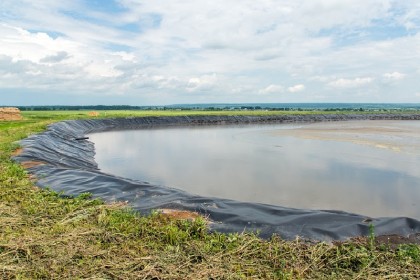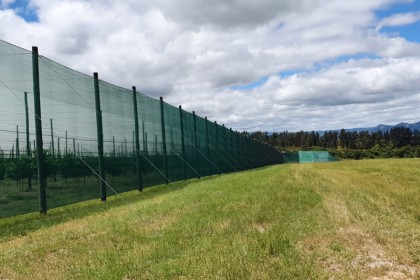
Adapting To The Ever Changing Environment
Agriculture is the backbone of any society and also the economic pillar in most African countries, contributing about 30% of the GDP and 55% of the total exports value. More than 70% of the African continent’s population depends on the Agriculture sector for their livelihood.
The global crop production system is facing a great balancing act between (1) increasing the quantity of food produced on the available farmland, (2) reducing agriculture’s impact on the environment and human health, and (3) still provide quality, healthy food for an ever growing population. Farmers not only face these challenges but also changing environmental conditions as well as frequent weather extremes that can negatively affect their yield and quality.
Overcoming these challenges presents a major sustainability challenge to farmers which may influence the livelihood of millions. Adapting to the changing environment means ensuring food security. 75% of the world’s food is generated from only 12 plants and 5 animal species, making the global food system highly vulnerable. Adaptation is the key defensive measurement in reducing the severity of damages to crops due to weather extremes. Adapting to the changing environment entails implementing the right measures to reduce the negative effects of climate change by making appropriate changes to current management and production practices. These crop adaptation strategies could include; planting of drought tolerant crops or cultivars, crop diversification, mixed cropping, change in planting date, implementing soil conservation measures, improved irrigation efficiency, optimising fertiliser utilisation and practises and enhancing the plant’s natural defence systems.
Plants balance growth, development and energy generation through photosynthesis and stress signalling. Photosynthesis is the basis of life of earth. This process takes place in the chlorophyll (green) pigment found in the above-ground parts. It provides the energy that drives virtually all ecosystems. Photosynthesis and preservation of chlorophyll determine how well plants grow and be able to adapt to different stress conditions. Plants constantly attempt to balance growth and development with the need for survival. The exposure to stress conditions result in an immediate reallocation of energy to “defensive” strategies such as chlorophyll preservation, that can compromise yield and quality. Compounds such as amino acids, polyamines, phytohormones and enzymes are produced by plants to regulate and overcome stress conditions. Intensive modern agricultural practices and changing environmental conditions have “overloaded” the plant’s capability to produce these essential compounds. The cultivated plant therefore needs to be supplemented with these necessary compounds to reduce possible damage under these circumstances.
The implementation of a well-balanced nutritional programme and the incorporation of Biostimulants and growth enhancers could assist crops to manage stress conditions more effectively. Plant Biostimulants can be defined as: “substances that, when applied to a plant, seed, soil or growing media – in conjunction with established fertilisation regimes, enhances the plant’s nutrient use efficiency, or provides other direct or indirect benefits to plant development or stress response”.
Introlab is a leader in the production and commercialisation of Biostimulants and specialty crop inputs for use in Agriculture. Introlab strive to provide well-researched, innovative crop solutions with the aim to increase quantity and quality of agricultural crops, while enhancing sustainability and reducing the environmental impact. We develop and provide a complete and holistical crop nutrition solution taking into account the crop’s requirements during each critical growth stage, while adapting to changing environmental conditions. We provide our clients with a “lab-to-land” solution that will outperform the norm.
- Hendri Botha – Introlab
For other agricultural products and services, click here.












